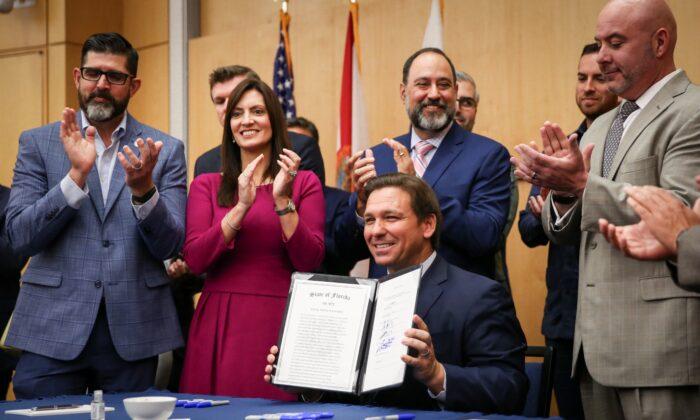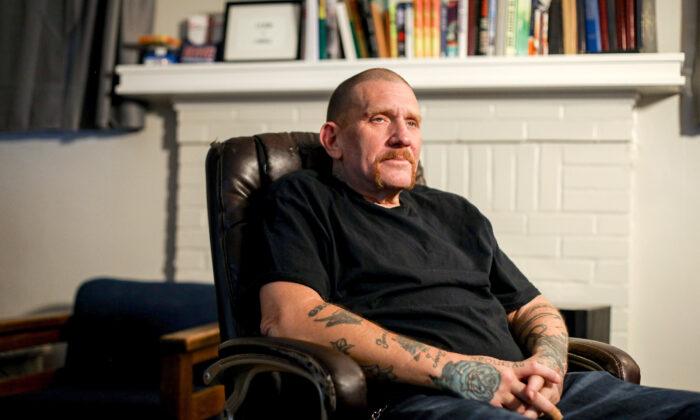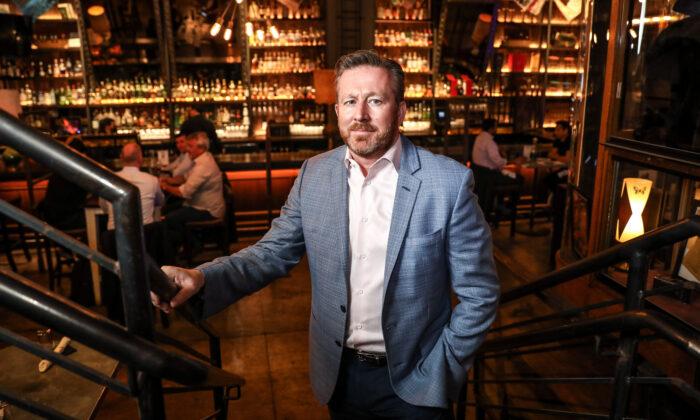The Trump administration is ramping up pressure against embattled Venezuelan dictator Nicolás Maduro by directly communicating with members of Venezuela’s military and urging them to desert his regime, as the United States also prepares new sanctions against the Latin American country.
Following the United States’ formal recognition of Guaidó, nearly all Latin American countries, major European nations, and dozens of other major powers have followed suit.
“We believe these to be those first couple of pebbles before we start really seeing bigger rocks rolling down the hill,” the official said, speaking on condition of anonymity. “We’re still having conversations with members of the former Maduro regime, with military members, although those conversations are very, very limited.”

Despite both escalating international and local pressure, Venezuelan military officials continue to remain loyal to Maduro, because of the wealth they have gained largely from corruption, drug trafficking, petroleum revenue, and business revenue. A U.S. admiral said at a recent Senate Armed Services Committee that Venezuela has about 2,000 generals.
Eric Farnsworth, vice president of the Council of the Americas think tank in Washington, said Venezuelan security forces fear their families might be targeted if they defect. He said the U.S. would need something to counter those concerns.
“It depends on what they’re offering,” Farnsworth told Reuters. “Are there incentives built into these contacts that will at least cause people to question their loyalty to the regime?”
So far, the Trump administration hasn’t imposed so-called “secondary” sanctions that would punish non-U.S. companies for doing businesses with the Venezuela government or their oil firm.
Maduro was inaugurated Jan. 10 amid worldwide condemnation that his leadership is illegitimate and that the elections were a sham. He first gained power in 2013 and is now in his second term. Guaidó, in the meantime, has promised fair and democratic elections and is offering amnesty to Maduro’s military forces.

Humanitarian Blockage
Food and medical supplies from the United States have failed to enter Venezuela after the regime’s military blockaded some highway links. The Tienditas bridge, linking Colombia and Venezuela, is blocked by a fuel tank and cargo containers, but to the south, the Simon Bolivar international bridge between the two the neighboring countries remains open.A group of Venezuelans on Feb. 9 protested on the Colombian side of the Simon Bolivar bridge to call on Maduro to allow the humanitarian aid to pass. Venezuela’s government has rejected the aid.
Maduro, one day after the supplies arrived in Cucuta, ridiculed the United States for offering small amounts of assistance while, at the same time, maintaining sanctions that block some $10 billion of offshore assets and revenue.





